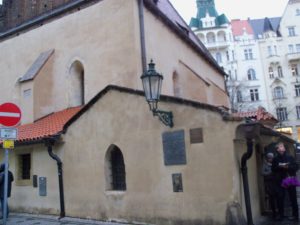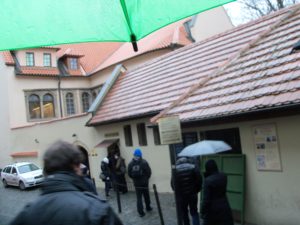I was deeply saddened to learn of the death of Elie Wiesel, who did so much to bring the story of the Holocaust to the world and who urged actively fighting injustice and inhumanity, reminding us that inaction and indifference only help the oppressors, never their victims.
Unlike the vast majority of individuals persecuted and murdered by the Nazis, Elie Wiesel’s story is very well known. What is not so widely known is that his famous book, Night, is a much condensed version of the original manuscript. The original work was written in Yiddish, and was over 800 pages long. Wiesel also chronicled his intense rage toward the Nazis in the original manuscript, and expressed a desire for vengeance, which were edited out of the condensed version that later became so famous. Yet, Wiesel eventually was able to overcome his rage and devote his life to defending victims of injustice and fighting oppression against Jews as well as other persecuted groups.
Much of his anger was directed towards God, as he was unable to reconcile how a just God would allow people to inflict such suffering on each other. Still, he did not turn away entirely, and in his later years he could sometimes be seen attending synagogue and praying. I remain in awe of his ability to overcome such terrible suffering and loss, his courage in fighting for justice and the incredible resilience that allowed him to live a meaningful life despite all he had been through. And now he is gone, and the void that he has left can never be filled.
Wiesel’s death also reminds me that most of the living Holocaust survivors will no longer be with us in another generation, and it will be up to the living to ensure that their memories endure. My fear is that as the number of survivors dwindle, the Holocaust will be relegated to history books and no longer seen as relevant. This is another reason why I am so committed to sharing the stories of Terezin, even though I was born 40 years after the end of World War II and have no relatives who were impacted by the Holocaust. It will never be enough, I know, and my writing will likely only be read by a few people. But this is what I believe I am here for, and I will not give up on my mission. I will continue my work to honor the memory of Elie Wiesel, of blessed memory, and all those who suffered and died in the Holocaust.

